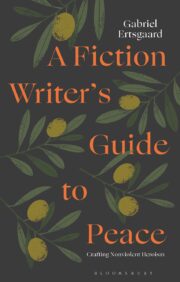Negotiating Your Short Fiction Contracts
By Karawynn Long Note: This post does not, and is not intended to, constitute legal advice; instead, all information, content, and advice is intended for general informational purposes only. You’ve written a piece of short fiction, submitted it, and gotten that thrilling acceptance letter. Congratulations! But wait—you aren’t finished yet. As a rule, the boilerplate […]


